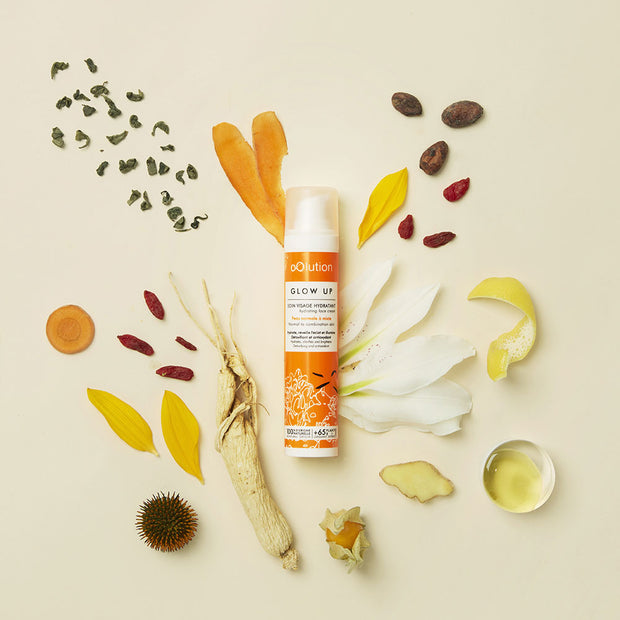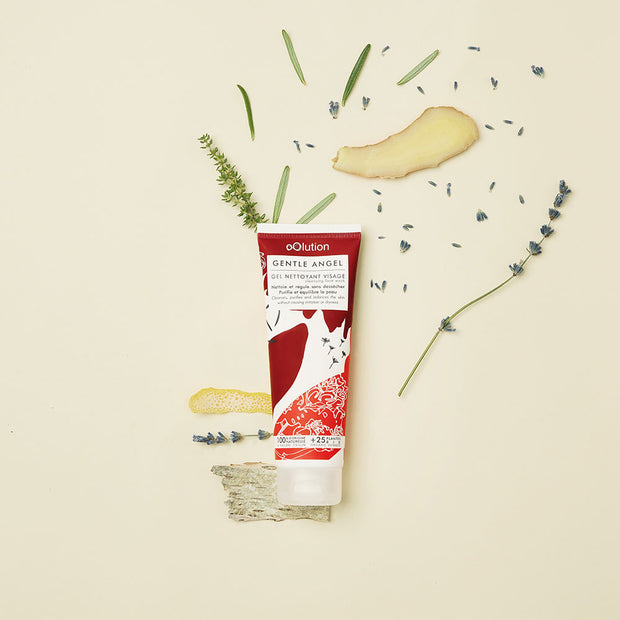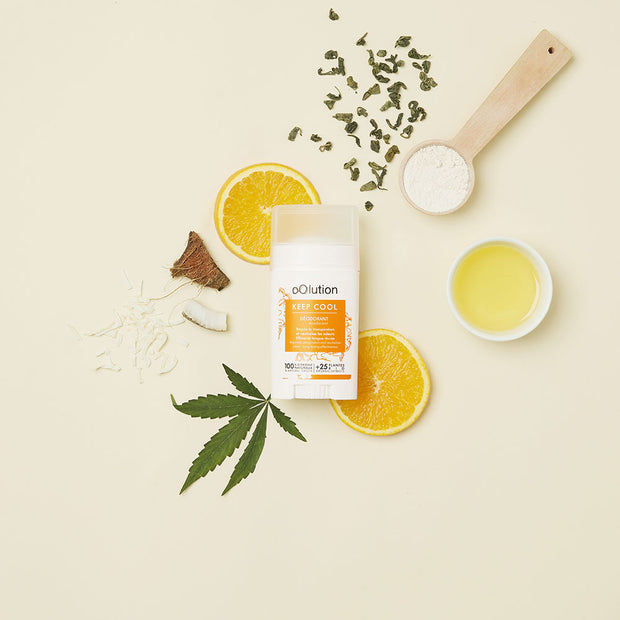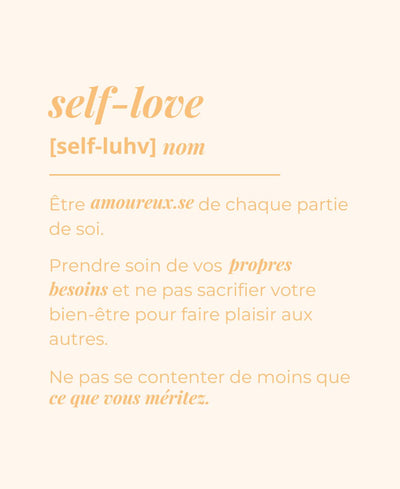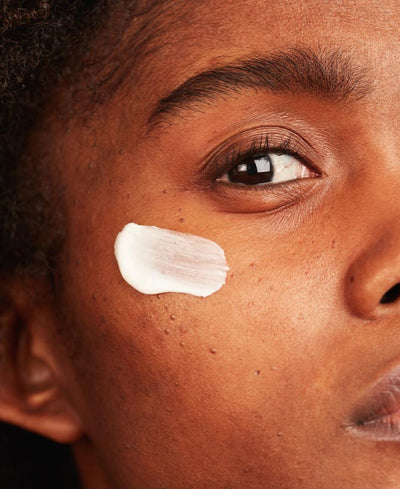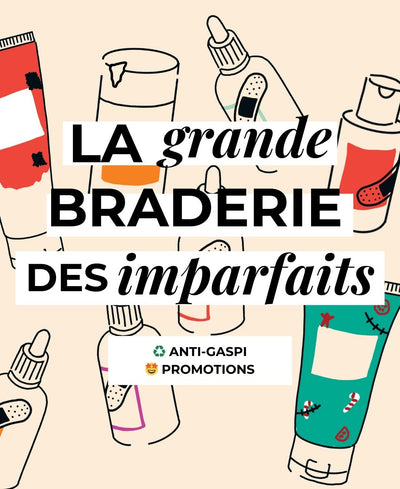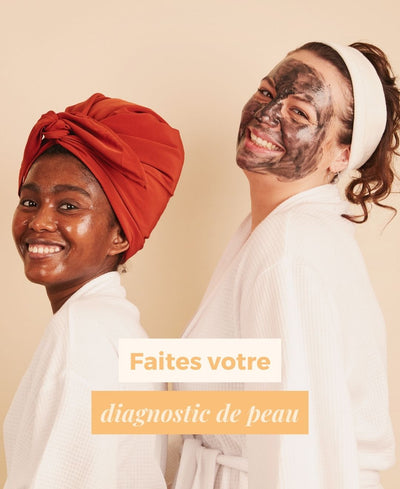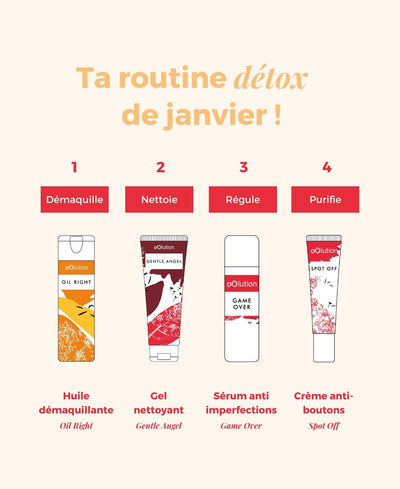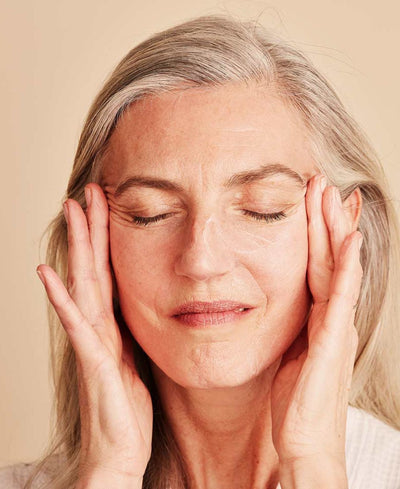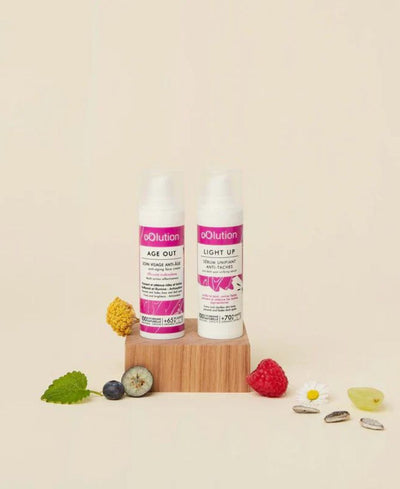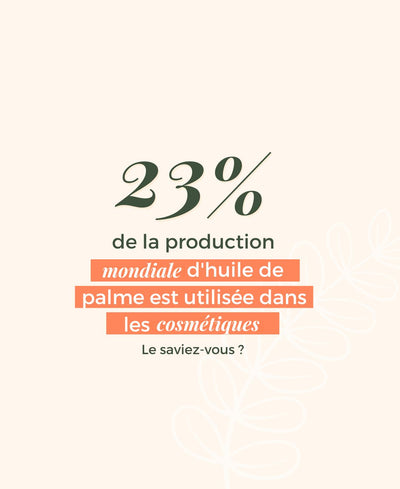Preservatives are essential in cosmetics, especially in water-based skincare products that are highly susceptible to bacterial and fungal proliferation. Unfortunately, they are all too often synthetic preservatives: parabens, phenoxyethanol, triclosan... Thecosmetics industry loves them, thanks to their low cost. Our skin, our health and the environment much less so!
Let's take stock.
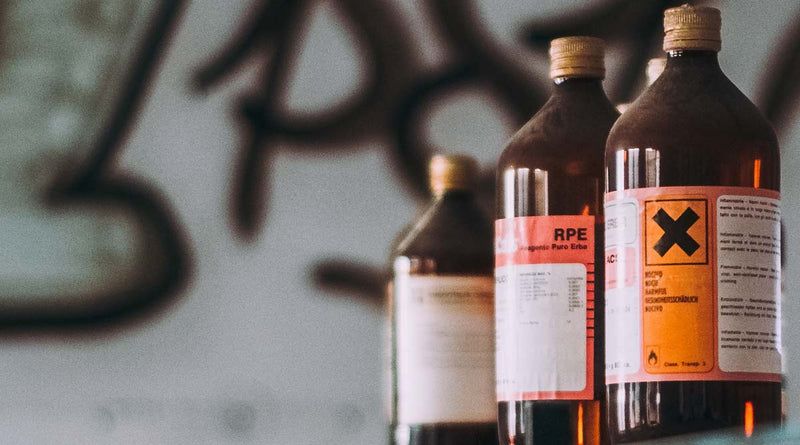
Paraben, phenoxyethanol...: the 6 dangerous cosmetic preservatives to avoid
Written on 02.May.22 by Anne-Marie Gabelica - Updated on 02.May.22
Which toxic preservatives to avoid in your beauty products?
To banish dangerous preservatives from your cosmetics routine, there's only one solution: deconstruct the ingredient lists and INCI designations of your skincare creams and hygiene products.
In search of parabens, but not only: to best protect your skin and your health, learn to spot the 6 most commonly used harmful chemical preservatives.
Are parabens still used in cosmetics?
The honor of first place goes to those who at least have the merit of having brought the issue of preservatives in cosmetics into the spotlight: parabens.
Parabens: still too present
You thought parabens were ancient history in cosmetics? But they're far from having disappeared from the bottle.
They're still present... in practicallyall non-organic cosmetics! cream day or cream night, body lotion or cream , detanglers, masks...: if they're conventional, there's little chance of escaping them.
Beware, parabens move forward masked: aware of their bad image, manufacturers cover their tracks by indicating their scientific names in the composition of their products.
Paraoxybenzoate or hydroxybenzoate ? A code between E214 and E219? Parabens!
Are parabens really dangerous?
There are serious doubts as to their dangerousness.
In vitro and in vivo studies are divided, but some conclude that their estrogenic effect can lead to hormonal disruption: fertility problems, development of hormone-dependent tumors and cancers such as breast cancer, risk of obesity in children...
What we know for sure :
- parabens are proven allergens, causing skin irritation and allergic rhinitis.
- parabens are hydroxybenzoic acid esters, which are harmful to the environment.
- no study has proven that they are harmless to human health.
Should we avoid all parabens?
There are several types of parabens, each more or less harmful: their size, in particular, increases their effectiveness... and their potential toxicity.
Among the 4 parabens still authorized :
- absolutely avoid :
- propylparaben
(or Propyl Paraoxybenzoate, Propyl 4-hydroxybenzoate, E216/E217),
- butylparaben
(or Butyl Paraoxybenzoate, Butyl 4-hydroxybenzoate),
only forbidden in no-rinse products intended for the breech area of children under 3...
- are considered less harmful:
- methylparaben
(or Methyl Paraoxybenzoate, Methyl 4-hydroxybenzoate, E218/E219)
-ethylparaben
(or Ethyl Paraoxybenzoate, Ethyl 4-hydroxybenzoate,E214/E215)
At least in our current state of knowledge... just as certain parabens now banned or regulated were considered safe in cosmetics until 2014. In 2005, theAFSSAPS cosmetology commission was still in favor of the continued use of propylparaben and butylparaben for all...
In short, the precautionary principle: yes, we ban all parabens.
Watch Anne-Marie's interview in La Quotidienne!
5 preservative substitutes for parabens that are common... and problematic
But beware: a paraben-free label on packaging is no guarantee that the preservatives in your skin care product are harmless!
In cosmetic formulations, parabens have often given way to chemicals that are at least as problematic. They are far from being the only preservatives that are harmful to both health and the environment...
Triclosan
A syntheticantibacterial, triclosan is a recognized endocrine disruptor. It affects thyroid function, forms carcinogenic residues that accumulate in the body, and promotes inflammation. Add to this its toxicity to marine environments, and you have a very unpleasant picture.
Although banned in shaving products and strictly limited in other skin care products(maximum concentration 0.3% and 0.2% for mouthwashes), it is still authorized. Even in intimate hygiene products! Yet health professionals around the world have been calling for its outright ban since 2017.
Originally dedicated to surgical hand washing, triclosan is now particularly common in toothpastes and oral care products, liquid soaps, deodorants, powders and foundations.
What's worse? It's less and less effective: microbes and germs are becoming increasingly resistant to it...
Cetrimonium bromide
A recognizedallergen and source of major irritation for the human body, this chemical preservative is nevertheless authorized for use in cosmetics up to a concentration of 0.1%.
And it's very common in cleansing products, particularly micellar waters, face toners and many hair care products.
Be particularly careful with sensitive and dry skins, but even normal to combination skins find it hard to resist over time... And beware of children: anti-lice lotions often contain cetrimonium bromide...
Our advice: forgetmicellar water, prefer a cleansing milk or cleansing oil followed by a spritz of100% natural skincare water 😉.
The selection
Methylisothiazolinone or MIT
Take a closer look at the INCI lists of your paraben-free products Methylisothiazolinone, MIT or Kathon CG? Avoid this paraben substitute at all costs!
It's mainly found in non-organic shower gels and shampoos (as well as household products, paints, coatings...).
MIT is a very strong skin irritant: dermatologists have been sounding the alarm about it for years. In the USA, it was ironically voted Allergen of the Year 2013! The risks? Serious contact allergies: redness swelling , severe itching and even cases ofsevere eczema leading to hospitalization.
Since 2017, it has been more closely supervised: strictly forbidden in leave-on products, it is limited to 0.0015% in rinse-off products.
Formaldehyde-releasing preservatives
The problem with so-called formaldehyde-releasing preservatives ? They break down, producing formaldehyde gas. Harmful to health if inhaled, in direct contact with skin or near the eyes, it is classified :
- Class Aallergen by the German Institute for Medical Documentation and Information,
- known carcinogen by the International Agency for Research on Cancer.
And while the direct concentration of formaldehyde in cosmetic products is regulated, this is absolutely not the case for formaldehyde releasers. The only constraint in Europe is that products containing concentrations of over 0.05% must be labelled as containing formaldehyde releasers.
To avoid them :
- Keep a close eye on conditioners, nail care products, make-up removers, make-up and keratin-based hair smoothing products.
- look out for the most common ones: DMDM hydantoin, diazolidinyl urea, imidazolidinyl urea, methenamine, Glyoxal, quarternium-15: DMDM hydantoin, diazolidinyl urea, imidazolidinyl urea, methenamine, Glyoxal, quarternium-15, 2-Bromo-2-Nitropropane-1,3-Diol (Bronopol), Polyoxymethylene Urea.
- simpler: opt for organic cosmetics which prohibit them! 😉
Phenoxyethanol
Unless you opt for 100% organic and/or natural cosmetics, this preservative from the glycol ether family is virtually unavoidable: a third of the skin and hair care products sold in France, both cosmetic and pharmaceutical, contain it!
It's worth noting that it has a multifunctional role: not only is it a preservative, it's also a fragrance fixative and a stabilizer. As a result, no conventional product escapes it: eau de toilette, hair coloring, sun protection, moisturizing creams, serums, shampoos, make-up and even baby wipes.
According to the manufacturers, this is because it is much more recommendable than the others(What? It's cheaper? What a happy coincidence!).
Let's take a closer look:
- For the environment: a disaster, like all ethoxylated ingredients,
- For the skin: a recognized allergen, causing eczema and hives, especially with regular use. As with the cosmetics in your daily beauty routine... Be sure to check your eye contour carePhenoxyethanol is also an eye irritant.
- For your health: harmful to the liver and blood, disrupts thehormonal system in women and men, impacts male fertility, suspected carcinogen...
This is particularly worrying for children, whose tolerance threshold is much lower and whose skin is more permeable. In fact, the FrenchAgence Nationale de Sécurité du Médicament recommends limiting its concentration to 0.4% in children's products (the European regulatory limit is still 1%...) and banning baby wipes containing it.
In short, phenoxytol, EPE or phenoxyethanol on the label? No for everyone!
Is it absolutely necessary to ban synthetic preservatives from your cosmetics?
Is a little paraben or MIT such a big deal?
After all, European cosmetics are the most closely monitored in the world, and most of these preservatives are regulated and limited...
Beware of the cocktail effect
Even if your products contain only small doses of problematic preservatives, there is a cocktail effect. cocktail effect a little + a little + a little ends up being too much!
And with endocrine disruptors, the frequency and duration of exposure is the key to danger. These undesirable substances are found in the products most commonly used in our daily lives: cosmetics, but also foodstuffs (behind the codes offood additives), medicines, household products, detergents, glues, varnishes...
And they are far from being the only chemical or natural substances to have an endocrine-disrupting effect: hello bisphenol, phthalates & co...
For effective cosmetics
Skin care products containing irritating and allergenic ingredients are slightly counterproductive, aren't they?
An anti-agingcream full of MIT, which strips the skin's defenses against free radicals, the main source of skin aging... mmmh...
Do you cleanse your combination skin with a micellar water full of cetrimonium bromide? It will defend itself by ... producing more and more sebum: the best anti-blemish skincare will have a hard time fighting back.
Dry, sensitive skin? Your soothing skincare products, even those enriched with shea butter, aloe vera or sweet almond, will struggle too! And as for your scalp, there's no point spending a fortune on anti-dandruff care if you're going to attack it at the same time with irritating preservatives.
Be particularly careful:
- products applied to areas of fragile, thin skin(moisturizing creams for the face, eye contour, aftershave, etc.)
- or that make the skin more permeable(scrubs, exfoliating care products, etc.)
- lip balms, hand creams because of the risk of ingestion
- products that remain on the skin for a long time: unrinsed, make-up, etc.
How can you avoid harmful synthetic preservatives in your cosmetics?
Solid cosmetics?
They can be preservative-free. But not all of them are an optimal solution.
For hygiene, you can't offer your skin anything better than a cold-saponified soap formulated with quality vegetable oils (and you avoid sulfates too 😉 ). Or one of our solid deodorant sticks Keep Cool which contain only tocopherol alongside natural powders(clays, bicarbonate...), waxes, vegetable oils and butters.
But this is far from true of solid shampoos, whether organic or not, with aggressive surfactants. And not all cosmetics come in solid form.
Long live natural preservatives
The good news is that cosmetic preservatives can be natural active ingredients. natural ingredients What's more, they don't just save you from toxic chemical ingredients!
The natural products used as preservatives are genuine active ingredients that protect both your skincare products and your skin from aging. For example? Tocopherol or vitamin E, nicknamed the skin vitamin, is a powerful anti-aging and anti-wrinkle agent.
But beware, natural is not synonymous with safe:
- beware of allergies and irritations caused by essential oils used as preservatives: they must be highly concentrated to be truly effective,
- even some certified organic cosmetics may contain preservatives that are not without allergenic or irritant effects: benzyl alcohol, salicylic acid, sorbic acid, benzoic acid, DHA in particular.
Reassured by the hypoallergenic label? It guarantees nothing!
Switch your entire routine to 100% natural
The best solution: opt for 100% natural cosmetics and scrutinize the charters.
Especially since cosmetics with no added synthetic preservatives may still contain traces of them: the ingredients in your skincare product may have been preserved with parabens, phenoxyethanol or triclosan... (note: labels such as Ecocert prohibit this).
The entire oOlution range is formulated truly WITHOUT synthetic preservatives: our vegan skincare products not tested on animalsOur vegan, slow-cosmetic skincare products are guaranteed to be 100% natural in origin, and theirorganic or sustainably-harvested plant ingredients contain no traces of undesirable preservatives. You can be sure you won't go wrong! And to select the menu that's right for your skin, use our online skin diagnosis 😉.
Recommended products
